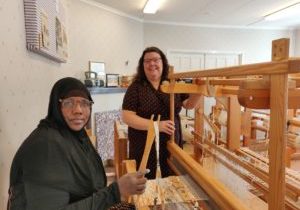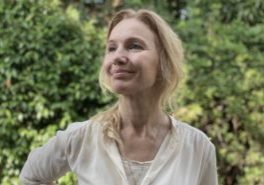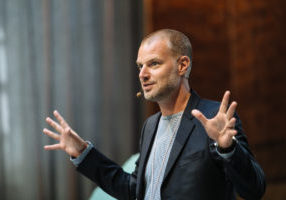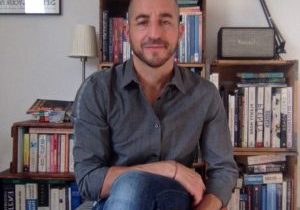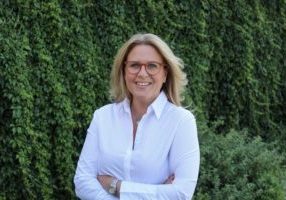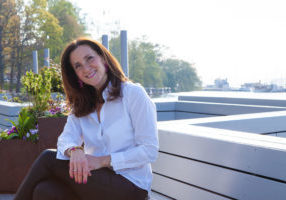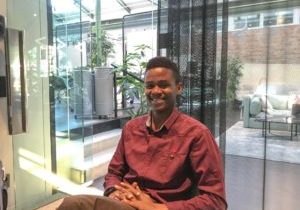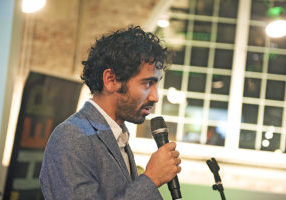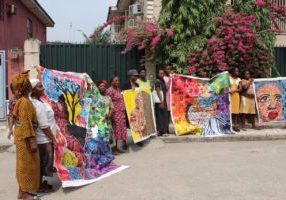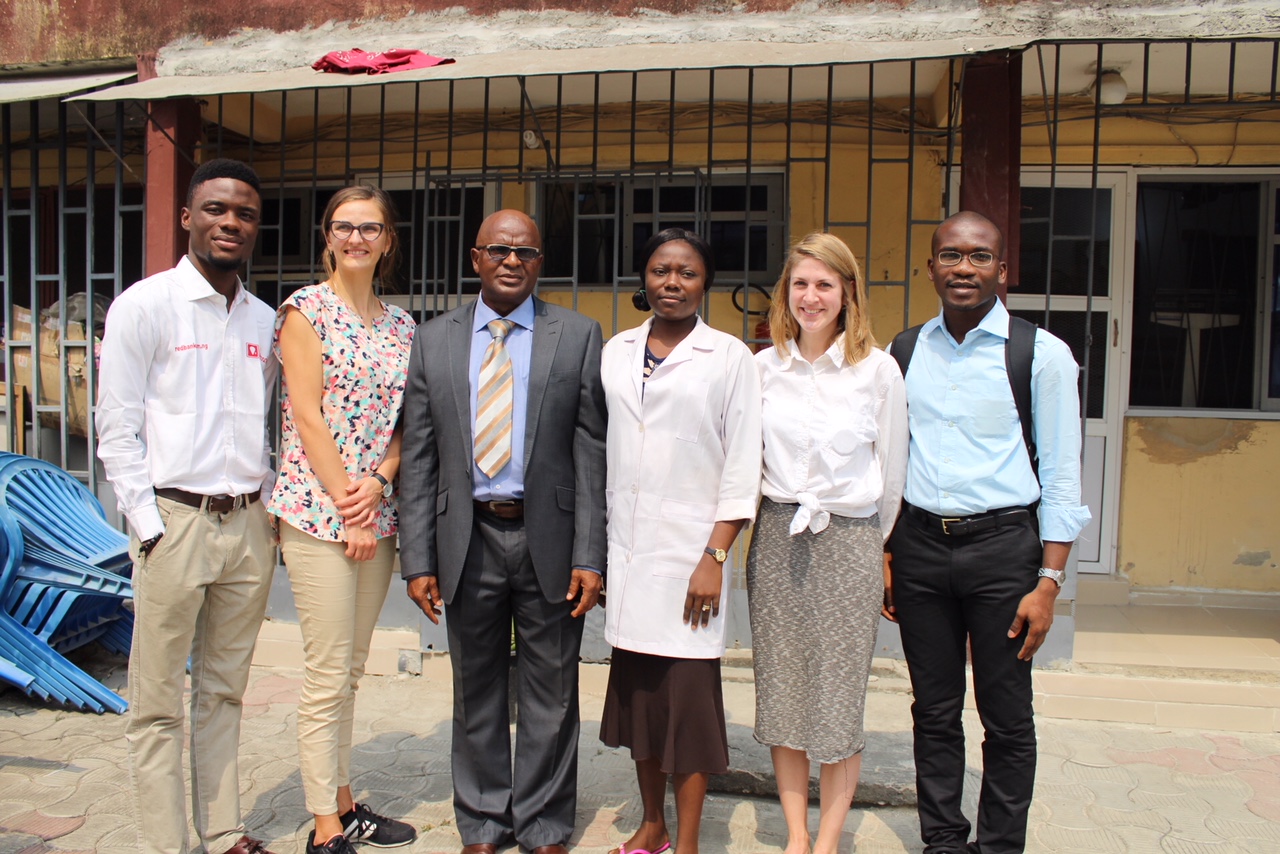
Using tech to track blood and save lives
February 26, 2018 - Interviews
In a country where it’s up to each individual or their family to find blood in an emergency, easy and efficient access is crucial. But the current situation in Nigeria is not easy and efficient as people are dying when they can’t find blood in time.
Enter Redbank. A tech start-up based in Lagos tech area Yaba, responding to this particular problem with an online solution that is in the process of taking the Nigerian blood giving sector to a new digital level. Redbank was founded in 2014 by Francis Adereti, who attended our SE Outreach Accelerator in 2016 to help develop his social enterprise and ultimately save more lives. As part of our ongoing work with the SE Outreach Accelerator, backed by Sida, we follow up with our alumni to monitor their progress and in January 2018 we had the opportunity to go out to Lagos to meet with Francis and his team.
Finding solutions to challenges
We quickly realised that there are big challenges facing a business like Redbank in Lagos and across Nigeria. Electricity is one of the biggest, as there are constant power cuts, which mean businesses need to rely on expensive generators that need expensive fuel. And electricity is of course crucial for the tech company as well as its partners. The key partners are blood banks around Lagos that are relying on their refrigerators to work to keep the blood at cool temperatures. When one can’t rely on everything to work as it should all the time, we witnesses an impressive creativity and determination to create the solutions that are needed. Redbank and its partners make it work, and if internet is down, information can always be shared over the phone.
The sharing of information is in Redbank’s case essential. Blood banks, hospitals, patients, and Redbank need to have easy access to information of where different types of blood can be found. Redbank’s platform is online but for individuals in need of blood they can quickly find out about available blood nearby through SMS and phone calls. “We have been trying to base our business around the SMS service but are also finding that a lot of people prefer calling in cases of emergency as they want someone at the other end of the line to reassure them”, says Francis.
Another information aspect of Redbank’s work is the one regarding blood and donor databases. “Records of blood and donors are currently kept on paper, at health clinics, in hospitals and with the Lagos State Government, but what we want to do is to digitalise it all and we are currently working on a donor database”, says Francis. “Being able to find and update records online would streamline all processes and ultimately, save more lives. We would also, for example, be able to provide donors with electronic reminders of when they are due for their next donation, meaning more regular blood giving and more blood for the blood banks.”
A younger generation creating change
Meeting with Francis and his colleagues we can see passion and optimism for a technology-based future. But working with the older generation of doctors presents a challenge as they are used to ‘their old ways’. A blood bank partner we met with, who is also Chair of the Blood Bank Society of Nigeria, stressed that changing the mindset of these people will take time and he estimates five to 10 years. But he expressed strong faith in the work of Redbank and highlighted the importance of continuing to raise awareness and meet with doctors to educate them on what Redbank could achieve.
Similar challenges can be seen in Redbank’s work with the general public as many are still against the act of giving blood. Those with traditional views still see it as something you shouldn’t be doing, but this mainly concerns the older generation. Redbank therefore mainly targets the young, for examples through marketing and blood drives at universities, and blood givers are encouraged to use social media to encourage others and help changing the culture and acceptance around blood donation. The educated youth is the generation that can change not just the future of Redbank, but the future of Nigeria.
Heading for growth and more saved lives
Francis is well aware of the fact that the company needs to reach more people to make a real difference in a big country like Nigeria with almost 200 million inhabitants. “A partnership with Lagos State Government would open a lot of doors, and there is already a lot happening within the tech scene in general. Fintech is most popular at the moment but digital health should be the next thing and we’re seeing an increase in partnerships”, he says. “When I was in Stockholm for the SE Outreach Accelerator I was able to see how the blood donation sector works in Sweden. It was really helpful to see that to envisage something similar for Nigeria and I’m confident that if we could get our government onboard we could expand and keep it centralised, as it is in Sweden.”
During the Accelerator, Francis says he also learned a lot about the importance of knowing your customer. In Redbank’s case this also means educating potential customers, which is potentially a bigger task. But the team is young and ambitious, and their love of tech and solving social problems is a winning recipe for success. Francis knows it is a big job, but is positive. “When at university I fell in love with tech and I’ve seen the potential in using tech to solve social problems. I’ve also seen the huge issue that is the lack of blood in Nigerian healthcare – I’ve seen the issue myself as people have died because of no blood. And I’ve got the solution to fix it. At the moment, Nigeria is very far behind in digital health, but we’re seeing an increasing adaption of health tech. Once the people and the doctors are ready to use it, we already have the tech to use, to start creating change and saving more lives”.

